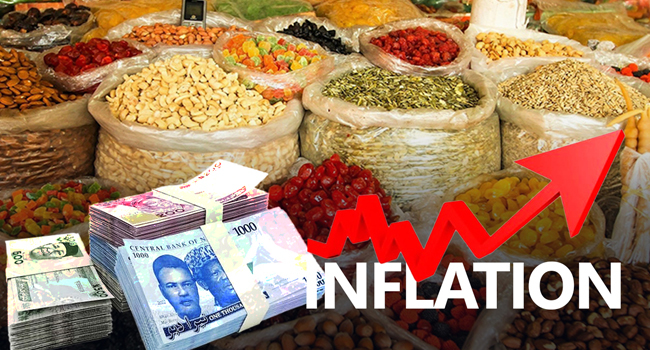The Central Bank of Nigeria (CBN) has once again increased the Monetary Policy Rate (MPR), which is the benchmark for interest rates, by 50 basis points, moving it from 26.25% to 26.75%. This change comes in response to the country’s high inflation and surging food prices.

CBN Governor Olayemi Cardoso made this announcement after the bank’s 296th Monetary Policy Committee (MPC) meeting held in Abuja on Tuesday. In addition to raising the MPR, the MPC adjusted the asymmetric corridor around it, shifting from a range of +100 to -300 to a new range of +500 to -100 basis points.
The committee decided to keep the Cash Reserve Ratio (CRR) steady at 45% for deposit money banks and 14% for merchant banks, while the Liquidity Ratio remains at 30%. Governor Cardoso emphasized that the committee is aware of how rising prices affect both households and businesses and is committed to taking the necessary steps to control inflation.
He added that despite the increase in inflation in June 2024, there is an expectation that prices will stabilize soon. This expectation is based on the current monetary policy gaining more traction and additional measures by the fiscal authorities to combat food inflation.
The MPC is particularly concerned about the impact of food inflation and rising energy costs on price stability.
Governor Cardoso also announced that the next MPC meeting will be held on September 23 and 24. Nigeria is facing a severe economic crisis, marked by increasing living and energy costs. This crisis has been exacerbated by the government’s removal of the petrol subsidy and the unification of the foreign exchange rates in May 2023.
According to the latest data from the National Bureau of State Statistics (NBS), Nigeria’s inflation hit a record high of 34.19% in June 2024. Food inflation also rose to 40.87% year-on-year in June 2024, up from 40.66% in May 2024, and significantly higher than the 25.25% recorded in June 2023.
In response to this crisis, President Bola Tinubu’s administration, along with governors from the 36 states, has introduced several palliative measures. However, many Nigerians continue to suffer from the severe impact of inflation, with the prices of food and basic products rising uncontrollably.




